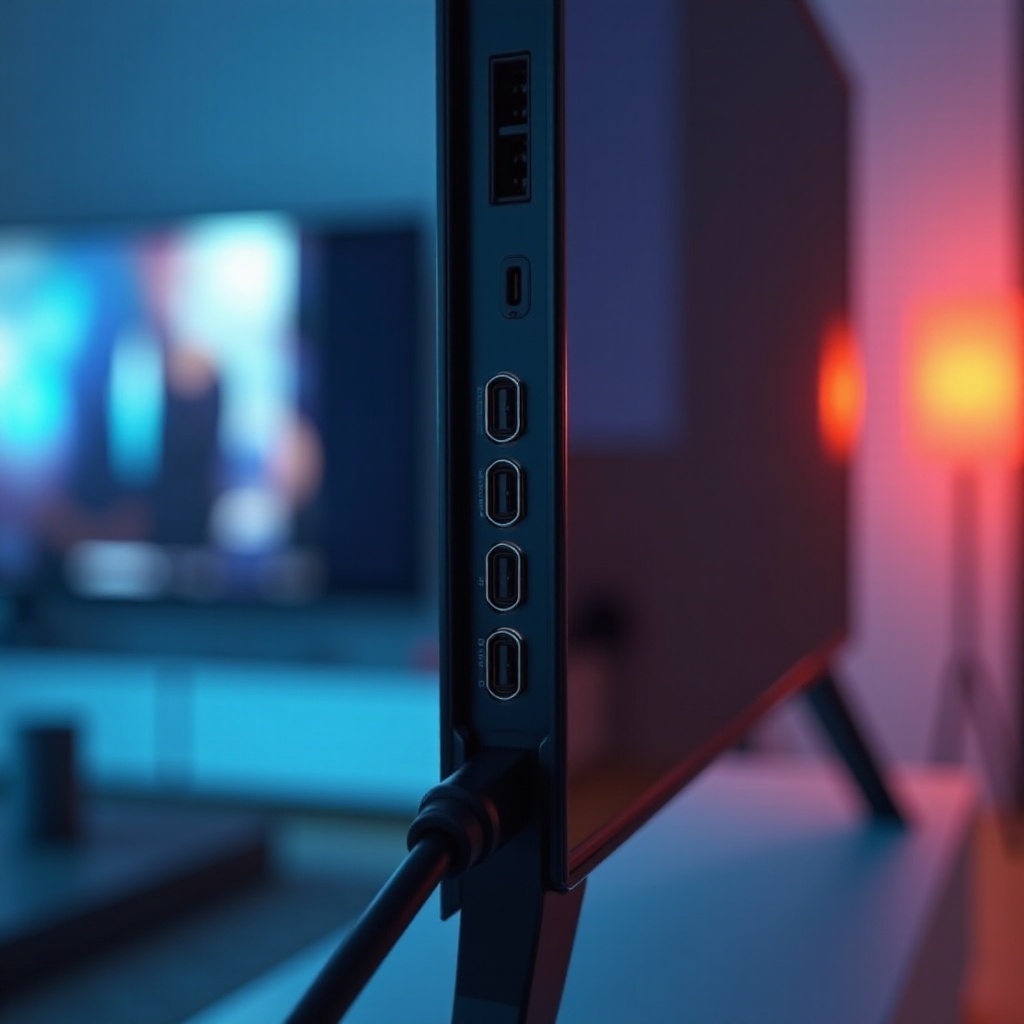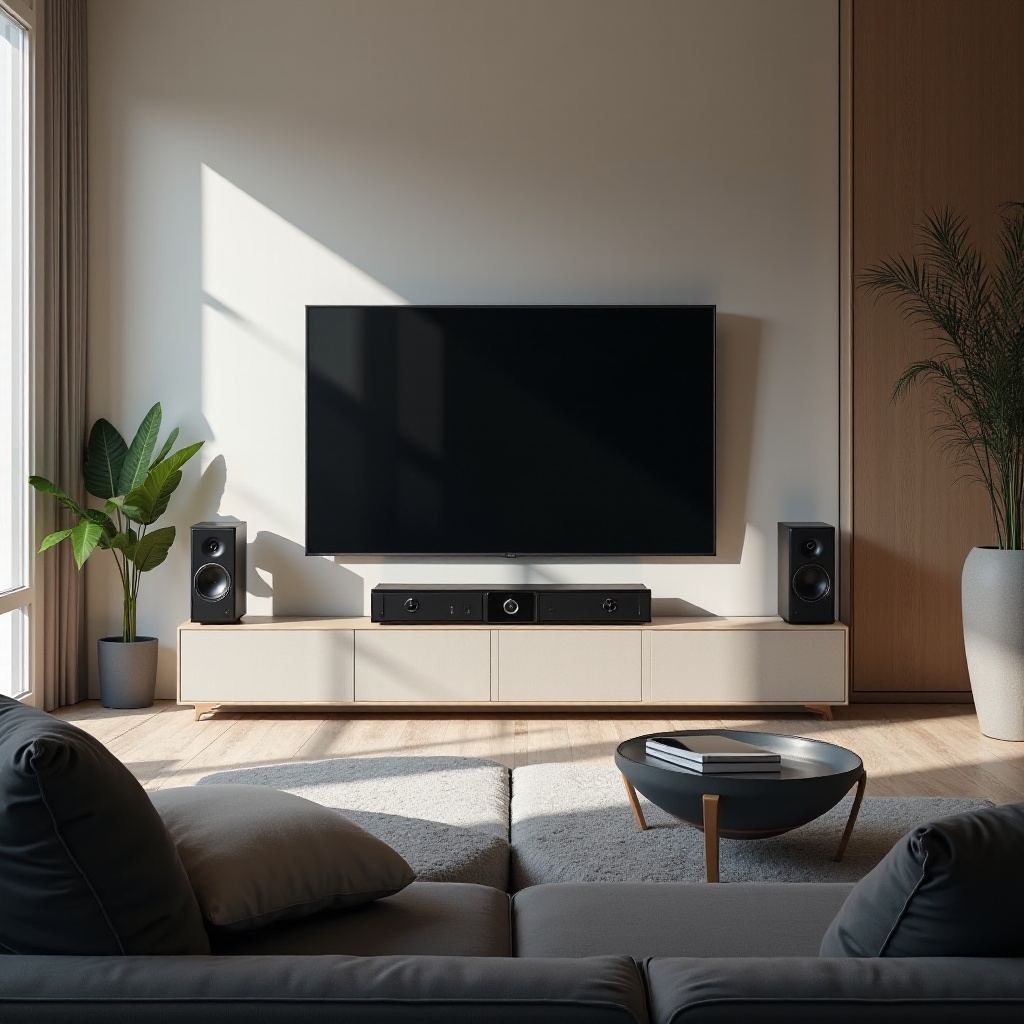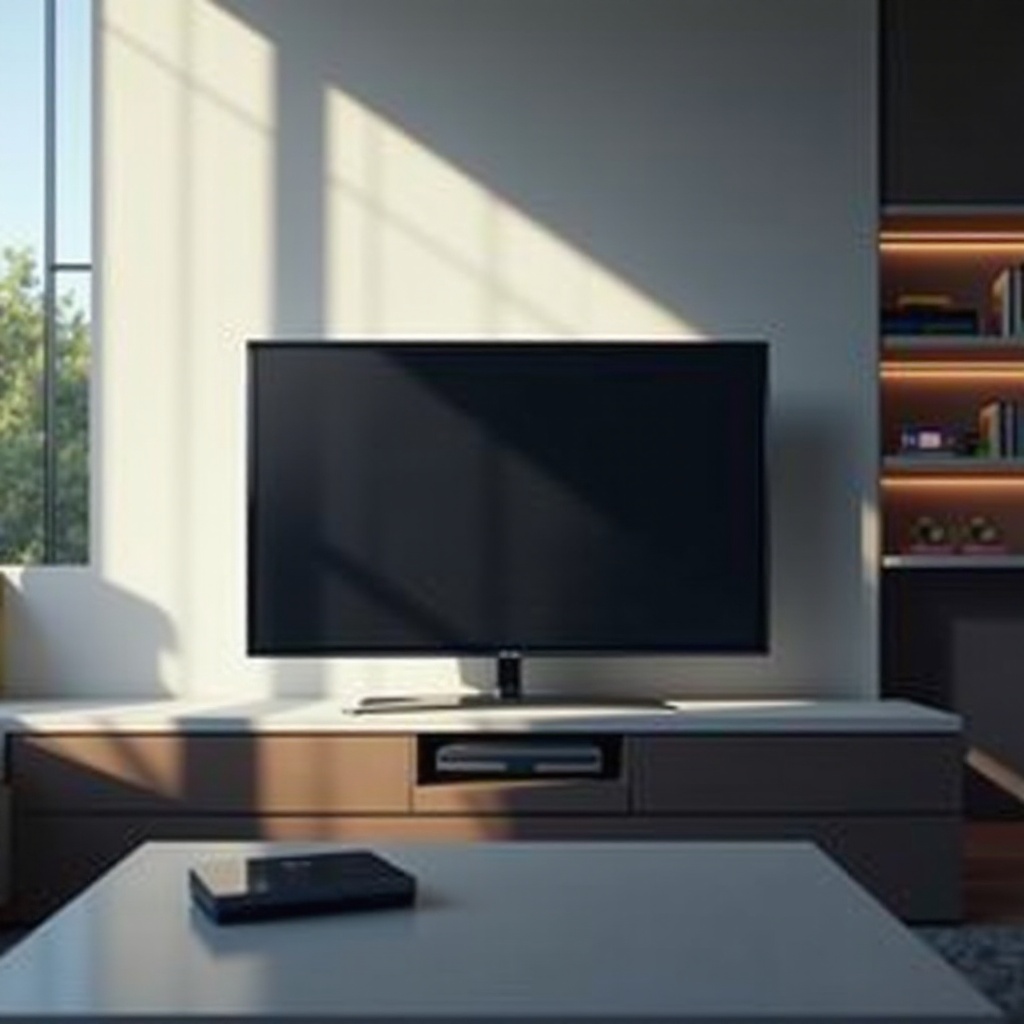Does MacBook Support AirPlay to External Monitor? A Comprehensive Guide
Introduction
For those with a MacBook and an external monitor, the desire to expand your workspace or enjoy a big-screen experience is common. AirPlay offers a solution to connect wirelessly. This article will explore how MacBook users can utilize AirPlay to connect to external monitors, outlining compatible devices, setup instructions, and troubleshooting techniques.
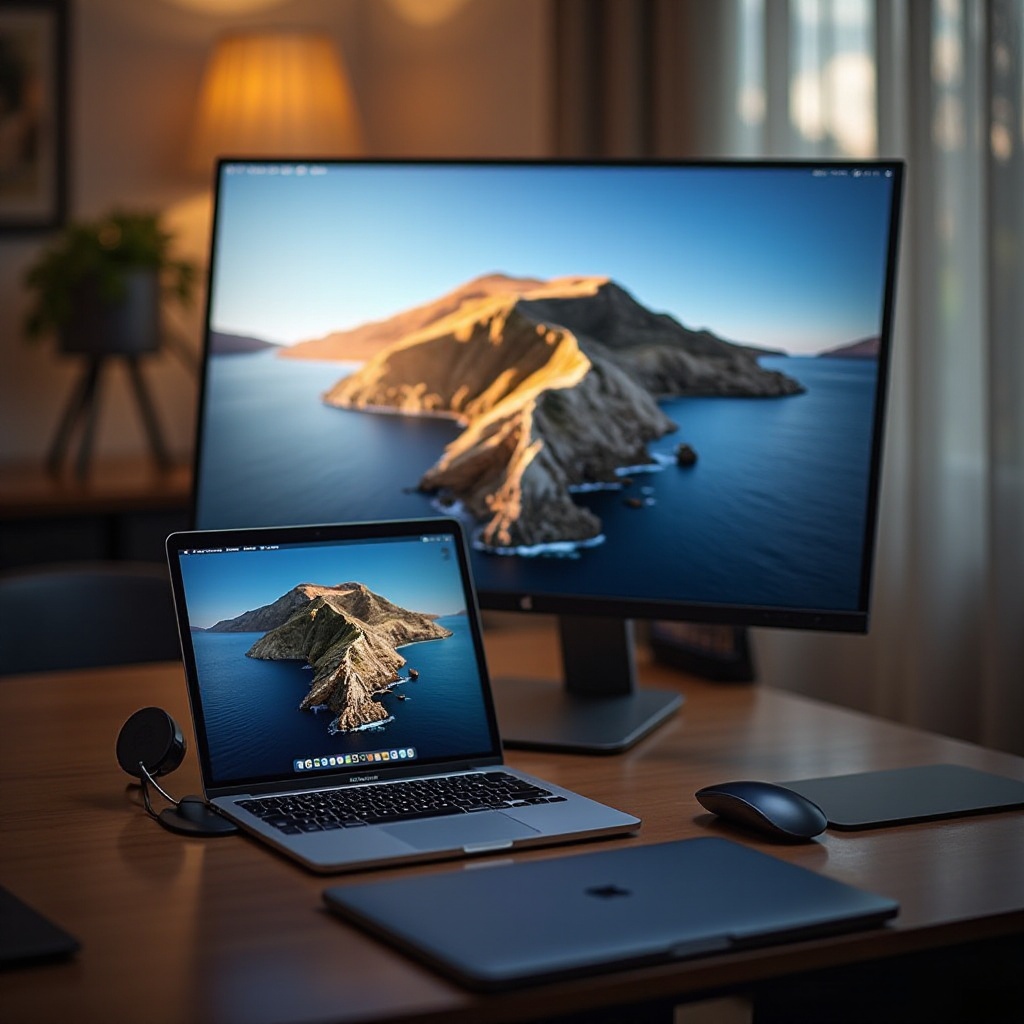
Understanding AirPlay and Its Benefits
AirPlay is Apple’s proprietary wireless communication protocol suite that allows streaming between devices. It enables users to mirror their MacBook display or extend it to an external monitor, making it a versatile tool for productivity and entertainment.
The benefits of using AirPlay with your MacBook include:- Wireless setup: No need for extra cables.- Ease of use: Simple configuration and connection process.- Versatility: Can be used for presentations, video streaming, or multitasking with an extended display.
Now, let's delve into the device compatibility to ensure your MacBook and external monitor meet the requirements.

Compatibility with MacBook Models and External Monitors
To use AirPlay effectively, ensure your MacBook and external monitor are compatible.
Compatible MacBook Models
AirPlay is supported on the following MacBook models:- MacBook Pro (2011 and newer)- MacBook Air (2011 and newer)- MacBook (Mid 2012 and newer)
Supported macOS Versions
Ensure your MacBook runs one of the following macOS versions:- macOS 10.8 (Mountain Lion) and newer
Choosing the Right External Monitor
Your external monitor or TV should support AirPlay. Many modern smart TVs from brands like Samsung, LG, and Sony are compatible. Alternatively, an Apple TV connected to your monitor can serve as a bridge.
Once you confirm compatibility, you can proceed to set up AirPlay on your MacBook.
Step-by-Step Guide to Using AirPlay with Your MacBook
Setting up AirPlay involves several straightforward steps:
Preparing Your MacBook
- Update macOS: Ensure your MacBook is running the latest version of macOS.
- Check Wi-Fi: Make sure your MacBook is connected to the same Wi-Fi network as your external monitor or Apple TV.
Setting Up the External Monitor
- Power on the monitor: Ensure the external monitor or TV is on and ready.
- Enable AirPlay: On smart TVs, navigate to the settings menu to enable AirPlay.
Establishing the AirPlay Connection
- Activate AirPlay on MacBook: Click the AirPlay icon in the menu bar.
- Select your monitor: Choose your external monitor or Apple TV from the list.
- Confirm connection: Upon successful connection, your MacBook’s display will appear on the external monitor.
You now have your MacBook connected to an external monitor using AirPlay. Next, let's optimize the display settings for the best performance.
Optimizing Display Settings for Better Performance
Maximize the potential of your setup by adjusting the display settings.
Adjusting Resolution
Navigate to 'System Preferences > Displays' on your MacBook. Here, you can adjust the screen resolution to ensure the display quality is sharp and clear.
Screen Mirroring vs. Extension
Decide whether to mirror your MacBook’s display or extend it:- Mirroring: Displays the same content on both screens.- Extension: Allows you to use the external monitor as an additional workspace.
Switch between these options in the Display settings according to your preferences.
Optimizing these settings can significantly enhance your viewing and productivity experience. Now, let's address common issues users might encounter.
Troubleshooting Common Issues
Here’s how to resolve some frequent problems with AirPlay:
Connection Problems
- Ensure same network: Verify both devices are on the same Wi-Fi network.
- Restart devices: Sometimes, a simple restart of your MacBook and external monitor can fix connection issues.
Display Quality Issues
- Adjust resolution: Lower the resolution if video playback is choppy.
- Check Wi-Fi signal: Ensure a strong Wi-Fi signal for uninterrupted streaming.
Audio and Video Synchronization
- Audio output settings: Ensure that the audio output is directed to the external monitor through 'System Preferences > Sound'.
- Check for delays: Minor lags can usually be adjusted by pausing and playing the media again.
By following these troubleshooting steps, you can maintain a smooth AirPlay connection and enjoy your external display.
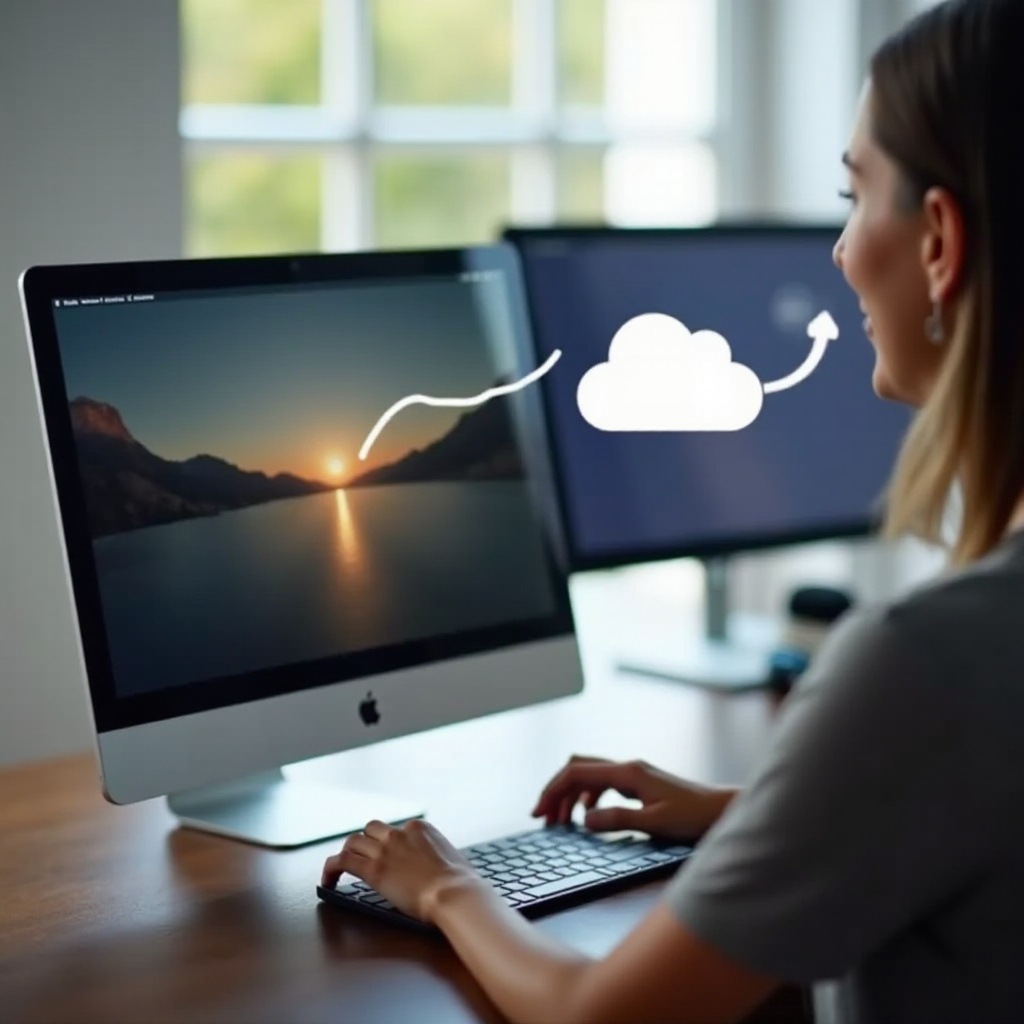
Conclusion
Connecting your MacBook to an external monitor using AirPlay is a simple and effective way to expand your display options. By following the steps outlined in this guide, you can ensure compatibility, set up the connection correctly, and troubleshoot any issues that arise.
Frequently Asked Questions
Can I Use AirPlay with Non-Apple Devices?
Yes, you can use AirPlay with non-Apple devices like smart TVs that support AirPlay 2 or by using an Apple TV connected to any external monitor.
How Do I Improve the Performance of AirPlay?
Ensure both devices have strong Wi-Fi connections, keep the software updated, and adjust resolution settings for better performance.
What Should I Do If My External Monitor Is Not Detected?
Double-check that both devices are on the same Wi-Fi network, restart your devices, and ensure AirPlay is enabled on your external monitor or Apple TV.
